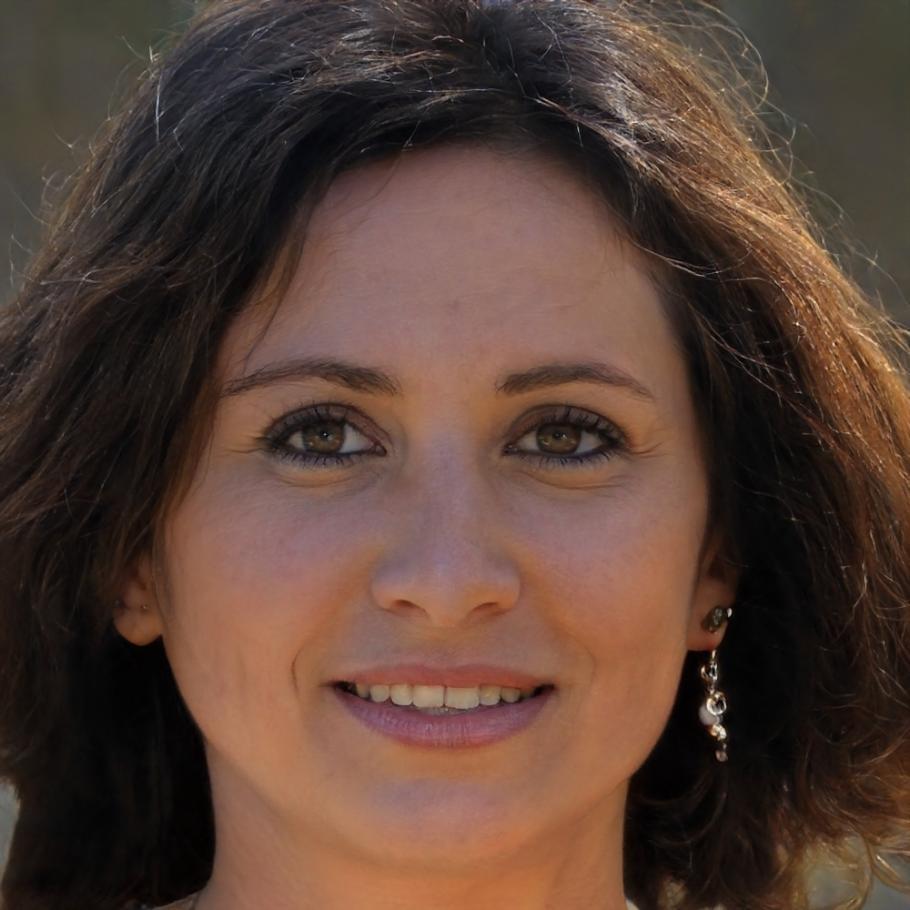What to Expect from Your Financial Learning Journey
Before diving into expense budgeting and financial management, here's what you should know about the path ahead. Real progress takes time, effort, and realistic expectations.
Learning Commitment
Plan for 8-12 months of consistent study and practice. Financial skills develop gradually through real-world application, not overnight transformation.
Time Investment
Expect to dedicate 6-8 hours weekly to coursework, practice exercises, and implementing budgeting strategies in your personal finances.
Gradual Progress
Financial literacy builds incrementally. You'll notice improvements in your budgeting confidence within 2-3 months, with deeper expertise developing over time.
Your Learning Timeline
Understanding what happens when can help you stay motivated and track your progress realistically.
Foundation Building
You'll start with basic budgeting concepts, learning to track expenses and identify spending patterns. This phase feels overwhelming for many students as you adjust your daily habits and mindset about money.
Skill Development
Here's where things click. You'll master advanced budgeting techniques, learn about different financial planning approaches, and start seeing real improvements in your financial organization. Most students feel confident enough to help family members during this period.
Expertise & Application
You'll tackle complex scenarios like irregular income budgeting, long-term financial planning, and helping others with their financial goals. Many graduates start considering whether to pursue additional certifications or help others professionally.
What Makes Students Successful
After working with hundreds of students since 2019, we've noticed clear patterns in who thrives and who struggles. Success isn't about being naturally good with numbers.
Consistent Practice
Students who review their budgets weekly and apply lessons immediately see faster progress than those who binge-study.
Patience with Mistakes
Everyone overspends or miscalculates during learning. Successful students treat these as learning opportunities rather than failures.
Real-World Testing
Students who immediately apply concepts to their actual finances, even imperfectly, learn faster than those who wait until they feel "ready."

"I thought I'd master budgeting in a month or two. Reality check – it took me six months to feel truly confident. The program prepared me for that timeline though, which kept me from getting discouraged when progress felt slow."